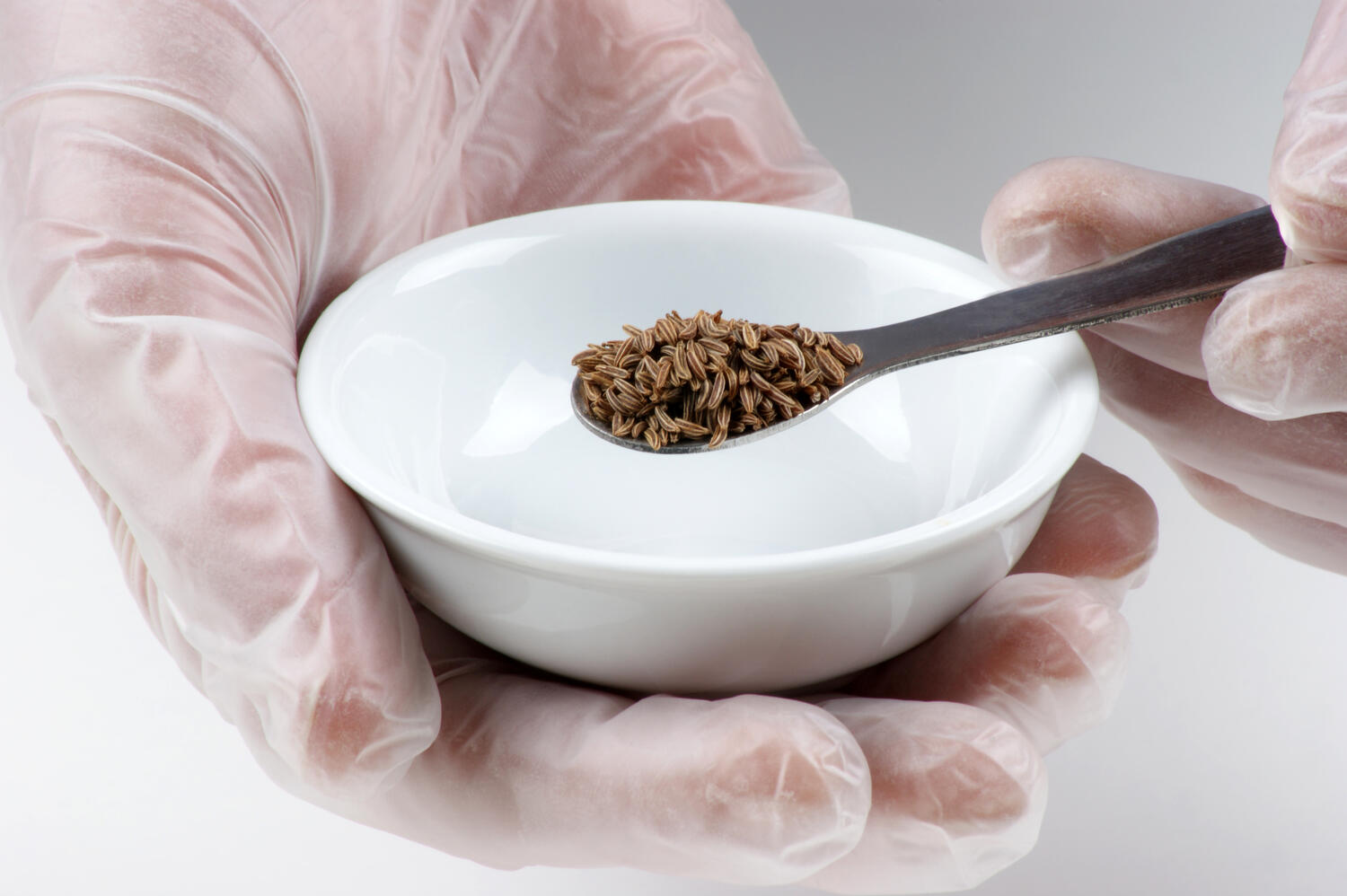Non-Prescription CBD Product Labeling Largely Inaccurate, Study Finds
March 14, 2022
Article published by School of Pharmacy University of Wisconsin-Madison
In 2018, the U.S. Food and Drug Administration approved the first prescription medication derived from cannabis sativa: Epidiolex. Used to treat seizures, Epidiolex is purified formulation of cannabidiol (CBD) and has been proven to significantly lower the frequency of seizures in some patients with devastating epilepsy syndromes such as Lennox Gastaut syndrome, Dravet syndrome and tuberous sclerosis complex.
But for patients who can’t afford a prescription or want to augment an existing antiseizure therapy, can that chocolate bar touting CBD on its label be beneficial? According to a team of researchers from the University of Wisconsin–Madison School of Pharmacy — not likely.
An analysis of 39 CBD products from stores across Southwest Wisconsin, led by fourth-year PharmD student Owen Miller, finds that the majority of these products are inaccurately labeled, and in fact, may contain measurable amounts of THC, which leads to inconsistent and unreliable dosing.
“Some of the companies had what they claimed to have, but a lot of them were either over- or very much under-representing the contents of their product,” says Barry Gidal, professor in the School’s Pharmacy Practice Division, who is the senior author on the publication.
Their study, published in Epilepsy and Behavior, used HPLC, or high performance liquid chromatography, to analyze the contents of 39 CBD-infused beverages, oils, and other miscellaneous products, including chocolate bars, honey, coconut oil, transdermal patches, and more. Although not all products specified CBD levels on their labels, just six — 15.4 percent — were accurately labeled.






